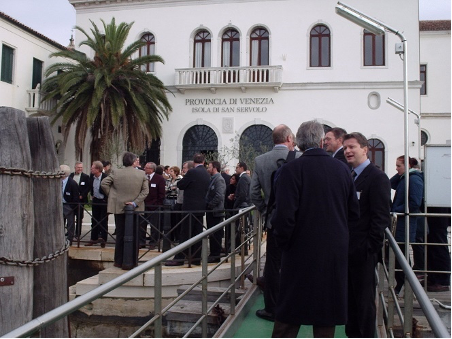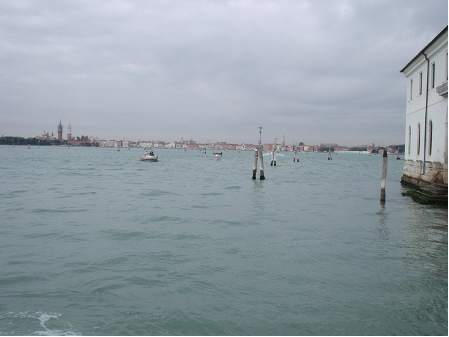And this is how it all started:
In April 2000 the GKSS Research Centre and the Technical University Hamburg-Harburg organized a workshop in Geesthacht in Germany on scientific aspects of evaluating and implementing bioassays into decision-making frameworks for dredged material management. As a spin-off from the workshop the idea was born to initiate the European Sediment Network SedNet. It was planned to be driven by stakeholder (port authorities, river quality managers) demands and to focus on the dissemination of knowledge, reviewing research needs (problem catalogue) as well as on applied research solving actual problems.
In 2000 the European Commission launched a call for projects under their 5
th Framework Program for research, technological development and demonstration. Proposals for establishing Thematic Networks were welcomed on the topic “Abatement of water pollution from contaminated land, landfills and sediments”. The proposal entitled “
Demand driven, European sediment research network (acronym: SedNet)” addressed this topic and was evaluated positive and granted. The evaluation summary report on the SedNet proposal stated: “
The proposal is innovative in that it focusses on sediments relevant on water quality and that it will treat the topic on a transboundary catchment scale. A strong point is that a common platform is suggested for problem owners, problem solvers and regulators. The project is clearly of European relevance (regarding community added value and contribution to EU policies). The project should be beneficial to the quality of life by enhancing water quality and minimizing environmental pollution. The project’s outcomes will contribute to EU technological progress by dissemination of optimal solutions to environmental issues. There are possibilities of co-ordination and complementary activities with other European networks, but this network should be kept as separate entity.”
The 3-year, European Commission funded SedNet project (EVK1-CT-2001-20002) started 1
st of January 2002 and it had the following project summary: “
Sediments mainly got local attention of water managers confronted with manmade sediment-traps, especially when associated contamination poses an environmental or human risk. More and more managers, port authorities and researchers express the need to exchange, at least at river basin level, these local experiences and to develop sediment management guidelines based on a multidisciplinary, coordinated and harmonized approach. Thus, opposing to the scattered responsibilities for sediment management and to the scattered development of knowledge. Due to the trans-boundary nature, no single water manager or country has the responsibility for solving sediment management problems at river basin level. SedNet will provide an international platform to facilitate information and knowledge exchange and to produce a joint document, containing recommendations and guidelines for integrated, sustainable management of sediment, from local to river basin level.”
Between 2002 and 2004 more than 130 members subscribed to the network, simply by expressing their interest to the SedNet project coordinator to engage with SedNet. In that same period scientific, policy and management aspects of contaminated sediments and dredged material were addressed in 17 workshops and 3 conferences. Europe’s leading scientists and major sediment managers contributed to these activities.
The results were summarized in the SedNet booklet “
Contaminated sediments in European River Basins”. The comprehensive results were published by Elsevier in four volumes in the book series “
Sustainable Management of Sediment Resources”.
SedNet continued after 2004 as fully independent and self-supporting network aimed at incorporating sediment issues and knowledge into European strategies to support the achievement of a good environmental status and to develop new tools for sediment management.


